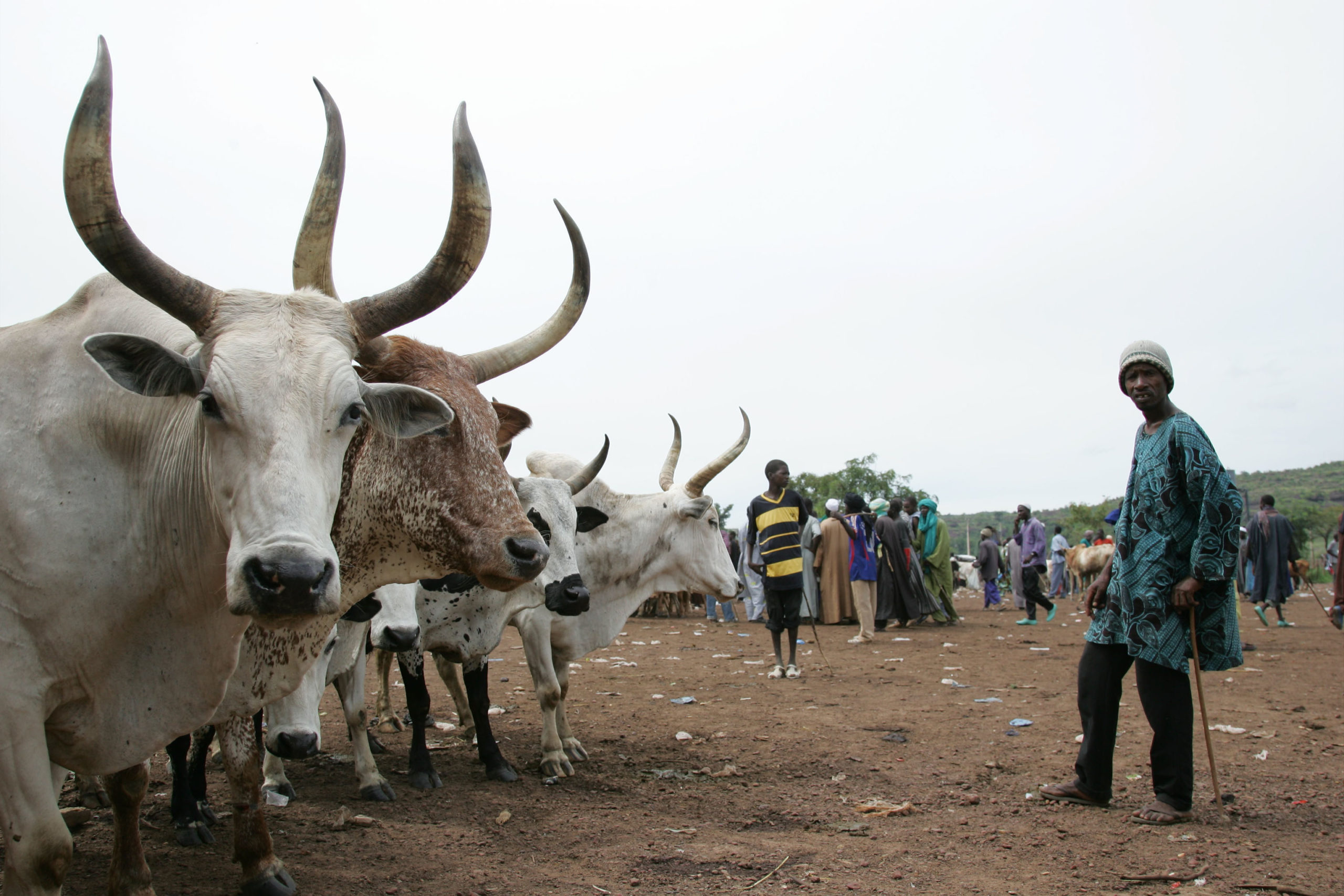Kenya has made it law that all livestock in the country have to be registered. The Livestock Identification and Traceability System Regulations, 2019 which will be part of Animal Health Act, 2019, requires owners of livestock to register their animal’s;
- the identification number
- date of birth
- sex
- breed or color of coat
- identification number of the dam or sire; or, in the case of an animal imported from a third country, the identification number given following inspection and the corresponding identification number of origins, if any
- address of the premises or holding where the animal was born
- address of all premises holdings where the animal has been kept and the dates of each change of holding
- date of death or slaughter.
- animal health and movement records
These regulations will also affect farmers relationships with slaughterhouses.
- No animal shall be presented to or accepted in a slaughterhouse without an identification device.
- Any meat for sale to the public shall only be sourced from a slaughterhouse to which it shall be traceable by means of a certificate of transport or any other means prescribed by the Director General.
- The certificate of transport of meat shall be as prescribed in the veterinary Public Health Act and shall bear the identification number of the animal that gave rise to the meat. (4) Any person who contravenes this regulation commits an offence
Procedure for Livestock Registration
- Interested individuals or enterprises fill in the Kenya Stud Book joining form-giving details on their breed of livestock kept, contacts, physical locality, and they also apply for a herd prefix (the name by which the breed herd is known by).
- On approval of the herd prefix, specific letters are issued to the prospective breeder together with the livestock registration forms.
- The breeder fills in application for livestock registration form for each animal to be registered and liaises with the Kenya Stud Book or the breed Society on inspection of the stock.
- He then forwards the duly filled application for livestock registration form to KSB for issuance of registration certificate.
A minimal fee is paid for each animal registered depending on the class, breed and sex.
Why register livestock?
Conservation and Preservation: A registry is essential in keeping the breeds and information on animals to preserve the ancestry and history of the animals and the breed. The registry itself is the headquarters for the preservation of this information, and by supporting it through the registration of your animals; you are contributing to the promotion, conservation, and other programs and services that are offered to its members.
Breeding: Knowing and documenting the breed ensures that the ancestry of an animal is known. Listing the breed makeup and breed percentages of your animals on registration papers can aid in making breeding decisions.
Value: When you breed quality animals utilizing top genetics, registered animals are more valuable than grade or non-registered animals. When opportunities arise and you have breeding stock for sale, potential buyers will have more interest and be willing to pay a higher price because of documentation and information that is available on the animals.
Diversity: Without a registry, you won’t be able to find other breeders that are breeding animals with known quality. Genetic lines can disappear, become too inbred or a breeds existence can be threatened.
Ownership: Registration papers can come in handy to provide proof of ownership for neighbors, insurance, theft or other situations.
Security: When you register and identify your animals with a registry, it can give you peace of mind knowing that breeds and information on your animals is available in the event your information is lost thru some type of disaster and can easily be replaced.




